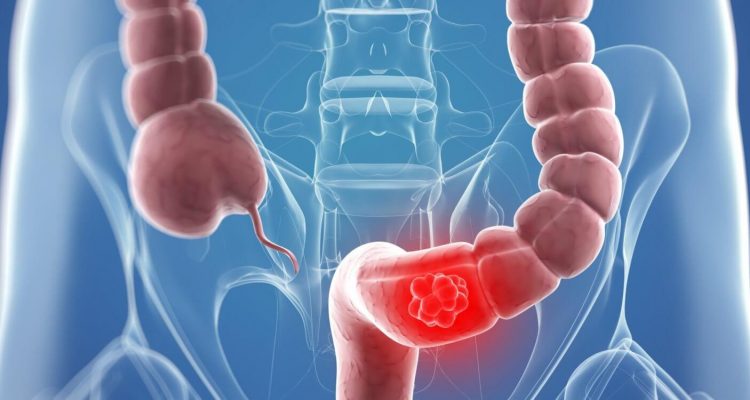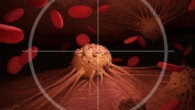
6 first signs of colon cancer
< /p> 0
Symptoms of bowel cancer often decrease, like other conditions, with changes in eating habits toileting and even abdominal pain that has been attributed to things like stress or irritable bowel syndrome (IBS). But there are key symptoms to be aware of and the time frame when you should talk to your doctor.
When you think of cancer, you might think that a person must feel bad, feel a lot of pain. However, cancers such as bowel cancer can go undetected for months, presenting with milder symptoms that you might not associate with such a serious disease.
Bowel cancer is a general term for cancers that start in the colon, but depending on where it starts, it can be called rectal or colon cancer.
According to the NHS, most people diagnosed with bowel cancer are over 60. There are other risk factors, including being overweight, having a diet high in red or processed meat, drinking alcohol, and smoking.
Family history can also be a risk, because if you have a close relative – for example, a mother, father, brother or sister who developed bowel cancer before the age of 50 puts you at a higher risk of developing the condition throughout your life.
So what symptoms should you be aware of and when should you talk to your doctor?
According to the NHS, more than 90 per cent of people with bowel cancer have one of the following combinations of symptoms:
- persistent change in habit intestines – more frequent urination, with looser and looser stools, and sometimes with pain in the abdomen (stomach)
- blood in the feces without other symptoms (hemorrhoids)
- pain in the abdomen, abdominal discomfort or bloating, always caused by eating
- unexplained weight loss
- severe fatigue for no apparent reason
- abdominal pain or tightness









Leave a Reply